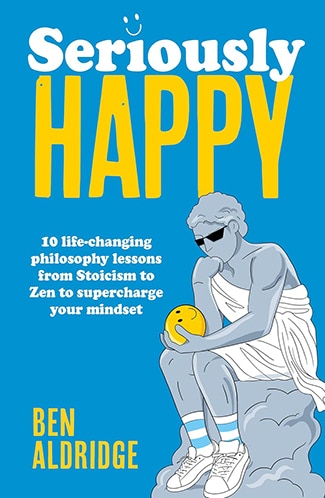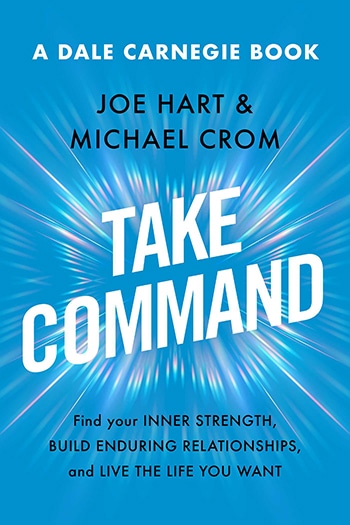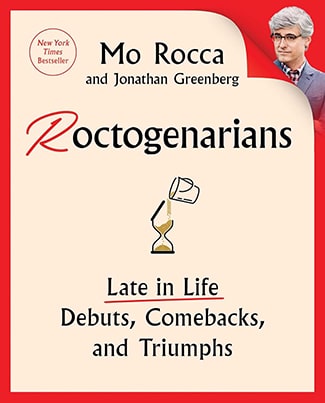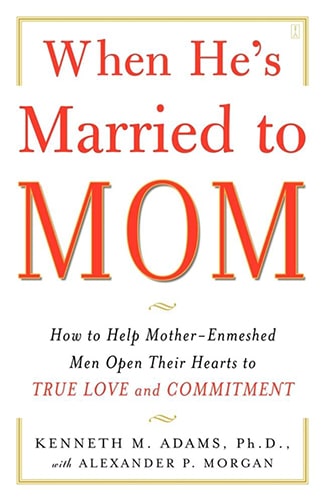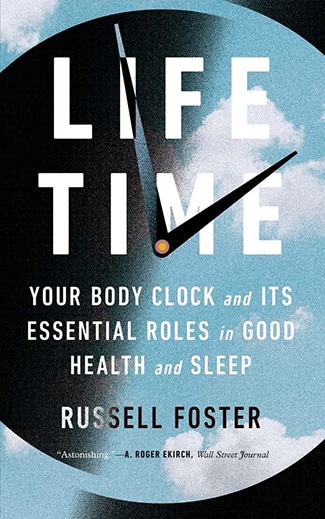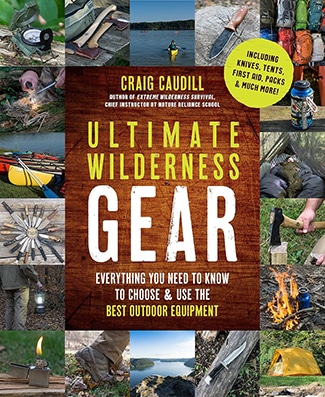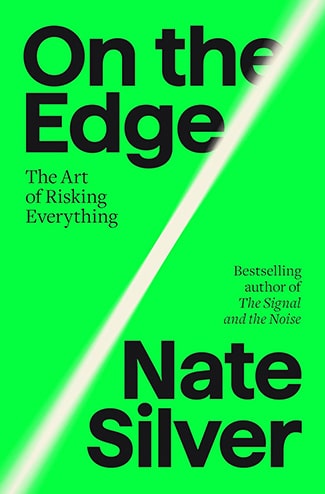Podcast Summary
Driving is more than just moving from point A to B: The inherent risk in moving around is essential to our humanity, and the push for safety and convenience in transportation could lead to a broader loss of human values.
The shift towards self-driving cars, while promising convenience and safety, poses an existential risk by eliminating agency, privacy, and proficiency that comes with driving. According to philosopher Matthew Crawford, author of "Why We Drive Towards a Philosophy of the Open Road," driving is more than just moving from point A to B. It's a domain of skill, exploration, play, and freedom. Crawford argues that the inherent risk in moving around is essential to our humanity and that the push for safety and convenience in transportation could lead to a broader loss of human values. He uses the example of off-road motorcycle riding to illustrate the heightened feeling of exposure and the importance of taking risks to grow and develop. The book explores the deeper implications of mobility and the impact of the increasing demand for safety on our relationship with the physical world.
Private companies driving the future of self-driving cars and smart cities: The top-down approach of private tech companies to develop self-driving cars and smart cities raises concerns about loss of democratic control and increased surveillance.
The push for self-driving cars and the development of smart cities is being driven by private tech companies, not consumer demand. This top-down approach raises concerns about loss of democratic control over urban infrastructure and increased surveillance through the collection and use of behavioral data. Psychologically, the active experience of driving and navigating the world is an important aspect of human development and should not be overlooked in favor of passive transportation. The narrative of the inevitable future of self-driving cars and smart cities may be used to demoralize opposition and suppress consumer preferences. The potential consequences of this remaking of mobility infrastructure could result in a dystopian future for some, with private companies holding monopolistic control and the ability to manipulate and surveil individuals' movements.
Vehicles turning into data-collecting devices: As technology advances, vehicles collect personal data, offering conveniences but raising concerns about privacy and freedom. Governments and corporations encourage car disposal for environmental reasons, but the real motivation may be to enforce obsolescence and create a market for new data-collecting vehicles.
As technology advances, our vehicles are becoming more than just means of transportation – they're turning into devices that monitor and tailor our experiences based on our personal data. This transformation, while offering conveniences, raises concerns about privacy and freedom. Governments and corporations have been working together to encourage the disposal of older cars, citing environmental reasons, but the real motivation may be to enforce obsolescence and create a market for new, data-collecting vehicles. This shift not only impacts our wallets but also our lifestyle and sense of autonomy. The question remains: at what cost are we trading convenience for privacy and individuality?
The unintended consequences of cleaner, more orderly environments: Well-intentioned efforts to improve environments can lead to dispossession and loss of stewardship, as seen in the removal of salvage yards and the impact on repair ethics and environmental benefits. Safety regulations can also create a false sense of security, potentially leading to less safe driving behaviors.
The push for cleaner and more orderly environments, while initially having good intentions, can lead to the dispossession of people's sense of stewardship and control over their belongings. This is particularly significant when it comes to the history of car regulations and the removal of salvage yards. The removal of these yards not only strips people of a form of wealth but also eliminates the ethic of repair and the environmental benefits of reusing discarded parts. On the other hand, advancements in car safety, such as seat belts, airbags, and automatic brakes, have made cars significantly safer. However, these improvements can also lead to a false sense of security, causing drivers to become less attentive and potentially less safe on the road. It's a complex relationship between safety regulations and individual behavior that requires careful consideration.
Integration of AI and Human Intelligence in Shared Environments: Human drivers exhibit unique social norms and improvisational skills, making it challenging for AI to fully replicate their abilities. The future of shared roads involves adapting to either human or machine behavior.
The integration of artificial intelligence (AI) and human intelligence in shared environments, such as roads, poses significant challenges due to their inherent differences. While AI follows rules and focuses on signals, human intelligence is socially realized and relies on improvisation and predicting others' behavior. Human drivers exhibit social norms unique to their communities, which are difficult for AI to replicate. The human mind is finely tuned for predicting others' actions, making it questionable to replace this ability with rolling supercomputers. Despite the apparent chaos, such as in Italian intersections, the traffic fatality rate is often lower compared to areas with strict rule-following. Ultimately, either humans need to adapt to be more like machines or machines need to adapt to human behavior, creating a complex situation for the future of shared roads.
The shift from old to new cars: Less engaging driving experience: Modern cars' technology leads to less direct connection to the road, potentially causing distractions and a false sense of security.
Modern technology in cars, while providing convenience and safety features, has led to a less engaging driving experience. Old cars offered a more direct mechanical connection to the road, allowing drivers to feel the road and gain a sense of mastery over the vehicle. However, as cars have become more abstracted and enclosed, drivers have become more disconnected from the experience, leading to a false sense of security and increased distractions. This shift in driving experience may contribute to the issue of distracted driving. The difference in feeling between old and new cars can be compared to learning to play ice hockey, where the stick becomes an extension of the body, allowing for a more seamless and intuitive experience. Conversely, modern cars, with their electronic mediations and lack of tactile feedback, require drivers to rely on representations and notifications, making the driving experience less engaging and potentially more dangerous.
Reintroducing Sensory Experiences in Modern Cars vs. Hot Rodding's DIY Approach: Modern cars use technology to make driving safer but inject sensory experiences artificially. In contrast, hot rodding embraces self-reliance and DIY culture, leading to a complex and medieval modification process.
While advancements in technology have made cars safer and more abstracted from the driver, car companies have had to artificially inject sensory experiences back into the driving experience. Meanwhile, in the world of hot rodding, the democratization of knowledge through the internet has led to a new golden age of modification, but the lack of standardized part dimensions and the need for custom fabrication has made the process more complex and medieval in nature. The ideal of the Enlightenment, which values self-reliance and trust in one's own instruments, is reflected in the hot rodding community, where individuals are going back to basics and measuring and making things themselves, rather than relying on bureaucratic parts inventory systems.
The shift towards passive use and dependence in modern life: Modern life sees a trend towards leasing and intellectual property rights, leading to passive use of technology and consumer goods, but the human need for play and expression remains.
Our relationship with ownership and control over certain aspects of modern life, such as technology and consumer goods, is changing. With the rise of leasing and intellectual property rights, there's a growing trend towards passive and dependent use rather than true ownership. This is seen in industries like agriculture and publishing, where farmers can no longer easily repair their own tractors or readers can't truly possess their e-books. However, the need for play and expression of our animal spirits remains a fundamental part of human nature. Play, as explored through driving sports like drifting and demolition derbies, embodies the human desire to take risks, endure tension, and compete. Despite its aggressive and competitive nature, play answers to a basic need and stands against the ideal of rational control in contemporary culture. Yet, it's subject to censure due to its exclusivity and potential for violence. Overall, these shifts in ownership and the importance of play highlight the complexities and contradictions of modern life.
Desire for distinction and competition as origin of social order: Competition and desire for distinction can lead to social order and healthy gender dynamics through play and submission to community. Attempts to suppress this spirit can lead to chaos.
The desire for distinction and competition, often seen as negative, can actually be the origin of social order and healthy gender dynamics. Play, with its rules and submission to community, can lead to the development of institutions and a sense of satisfaction. However, attempts to suppress this competitive spirit can lead to chaos and a lack of social order. The author also notes the contrast between working-class and upper-middle-class gender dynamics, with the former valuing masculinity and the latter adopting more feminine norms. The use of aggressive play, rather than being a sign of dominance or tyranny, can be a healthy expression of individuality and a way to feel truly alive.
The Importance of Self-Governance in Thriving Communities: Self-governance, including self-command and collective decision-making, is crucial for strong, resilient communities. Americans in the 1800s exemplified this tradition, but we've lost it in many ways. Reclaiming self-governance helps us develop essential skills for democratic participation.
Self-governance, whether it's self-command or collective decision-making, is an essential aspect of a thriving community. The contrast between the self-governing desert race community and the more institutionalized society highlights the importance of individuals taking responsibility for themselves and their communities. Tocqueville's observations of Americans in the 1800s reveal the habit of self-government and the temperament it requires. However, we have lost this tradition in many ways, as seen in the decline of voluntary associations and the rise of organizations that dictate rules. By reclaiming self-governance, we can develop the skills necessary to participate in the democratic process and foster strong, resilient communities.
The road as a unique place for social trust: Crawford explores the importance of social trust in everyday life, using the road as an example, and suggests it could hold clues for renewing social trust more broadly.
While we may need technology to help us in certain areas, such as driving, the social trust we exhibit in everyday life is an impressive display of our ability to cooperate and improvise. The road is a unique place where this trust is evident, and Crawford believes it could hold clues for the renewal of social trust more broadly. His book is an exploration of this fragile yet essential aspect of daily life. To learn more about Crawford and his work, check out his website, matthewbcrofford.com, and pick up a copy of "Why We Drive" at your local bookstore or online.

